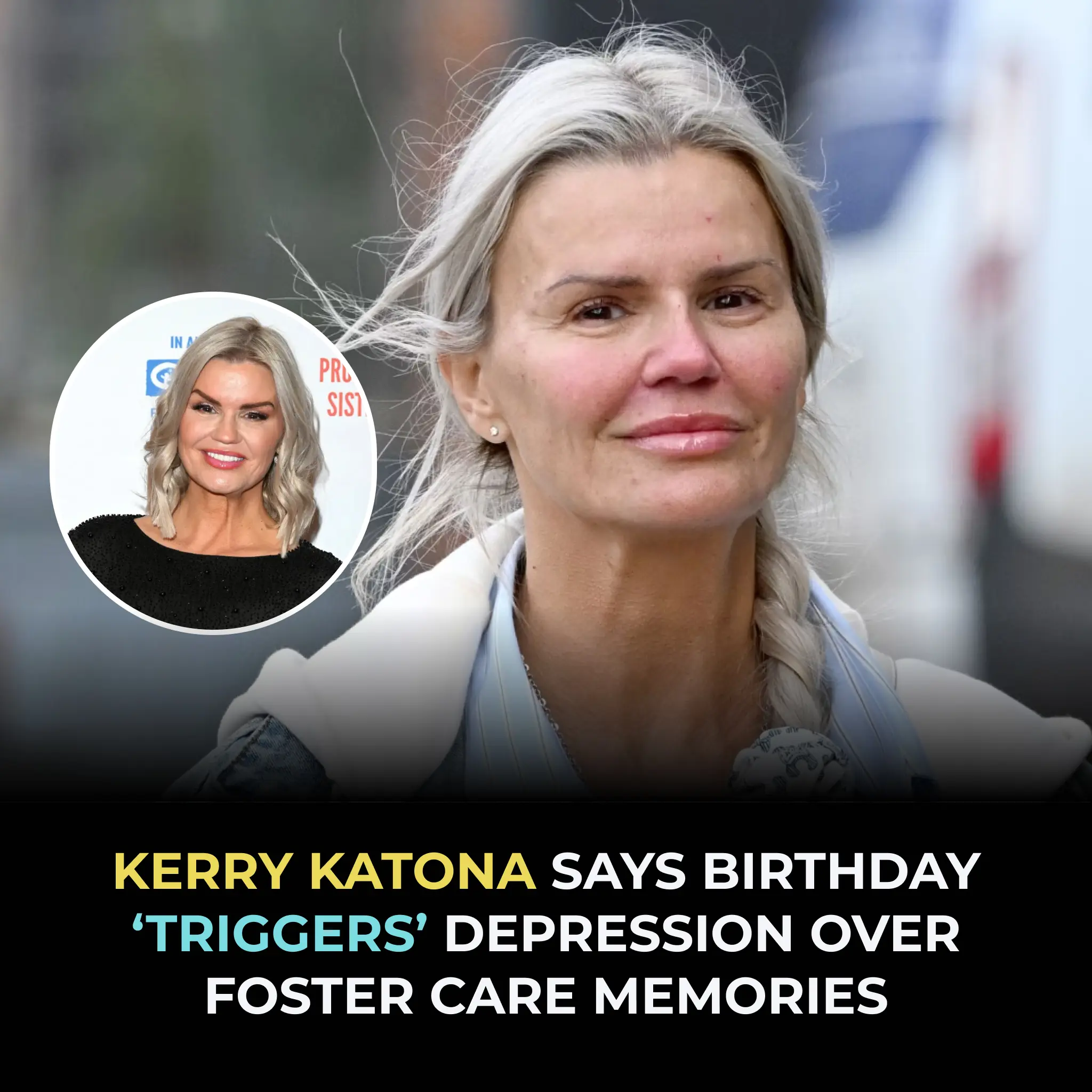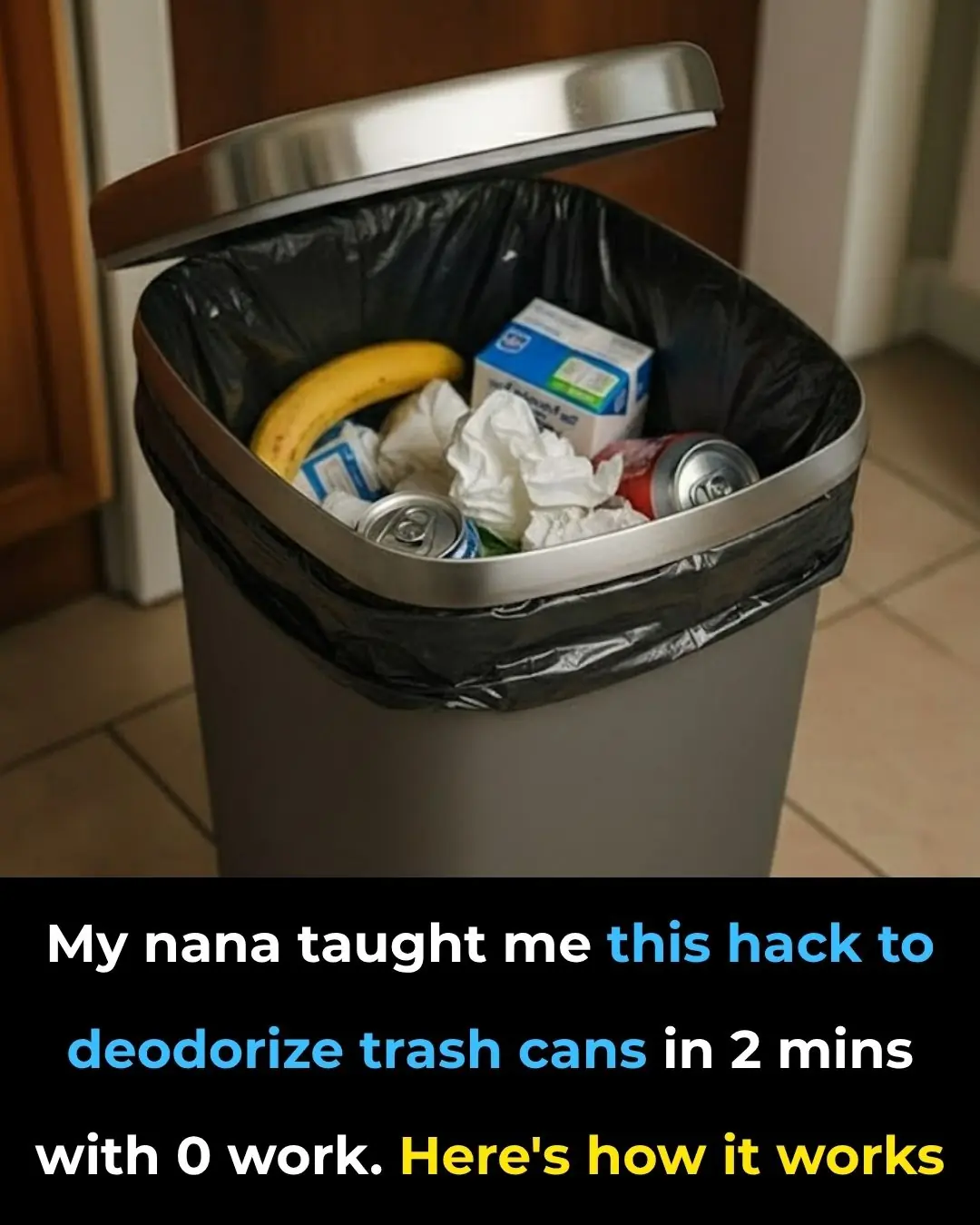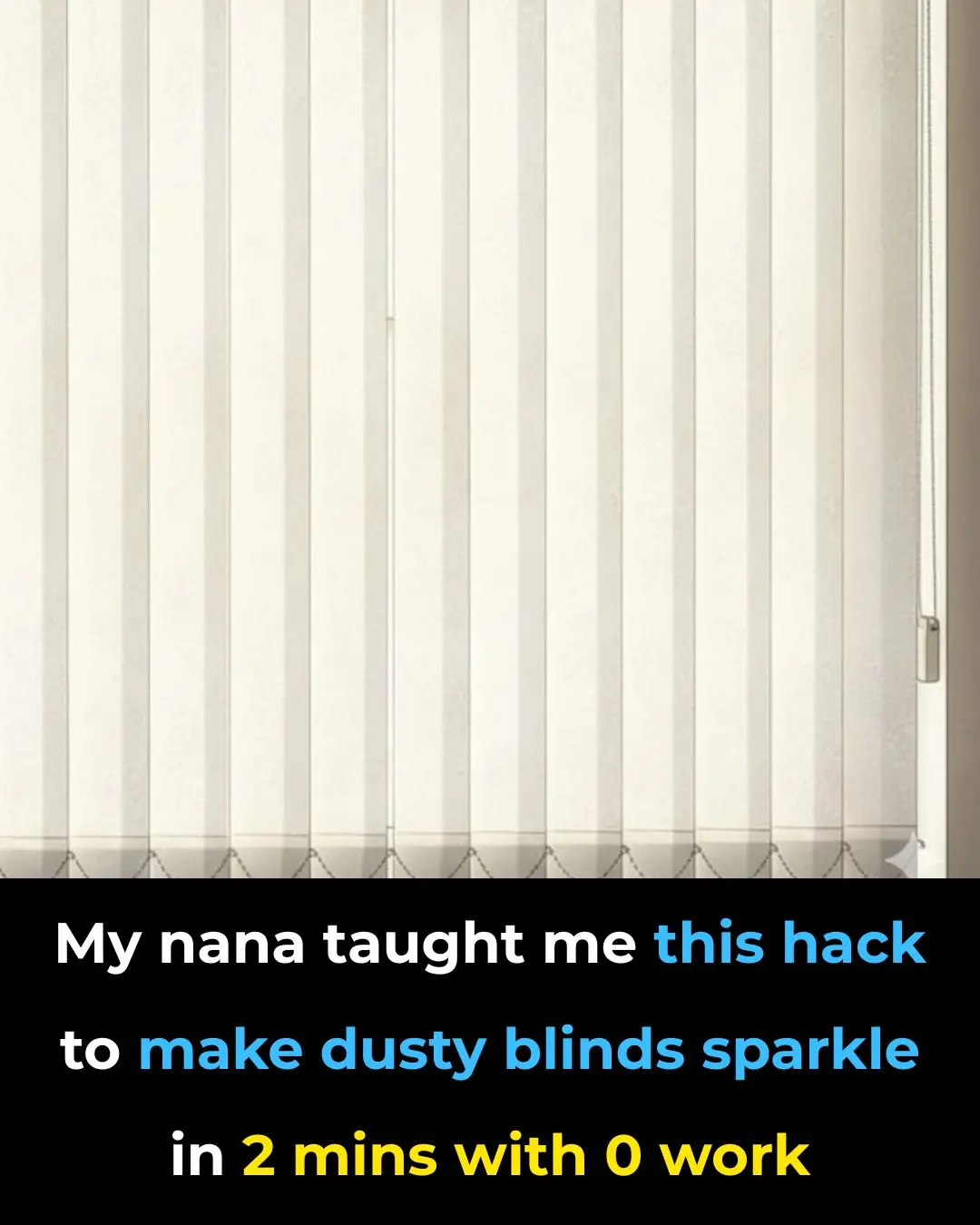
This Nonprofit Is Offering Free Dorm Makeovers For Foster Kids Attending HBCUs
They’re making sure move-in day is the last thing these students have to stress about—and they’re doing it with heart, purpose, and an entire community behind them.
TeeJ Mercer, an award-winning TV editor, producer, and advocate for youth empowerment, is the driving force behind Move-In Day Mafia (MIDM)—a volunteer-run organization dedicated to supporting first-year students at Historically Black Colleges and Universities (HBCUs) who have “aged out of foster care, are homeless, or require financial aid,” as reported by Essence (Essence). The program provides fully decorated dorm rooms, financial assistance, and essential supplies to ensure students can start their college journey with dignity and stability.

The need is massive. Studies cited by The Chronicle of Higher Education show that while approximately 70% of youth in foster care express a desire to attend college, only 3% actually enroll, and a staggering 1% ultimately graduate (Chronicle of Higher Education). Experts say this sharp decline is largely due to overwhelming financial insecurity—everything from housing instability to the steep cost of basic school supplies. Mercer says MIDM exists to ease that burden in a very tangible way.
“How can students focus, create, and thrive when they are worried about their basic human needs? I just want them to go to school and not have to work two or three jobs to take care of themselves,” Mercer shared. “The only thing they should be concerned about is studying hard, partying, making memories, and ultimately graduating.”
Entirely powered by volunteers, MIDM mobilizes donors, decorators, movers, and mentors who all pitch in to help these students settle in with confidence. Founded in 2022, the program helped 13 freshmen during its inaugural year at Paul Quinn College in Dallas, Texas. This year, the organization has expanded significantly, with 39 students across Paul Quinn College, Prairie View A&M University, and Fisk University on its move-in day list. The growth reflects rising awareness and a widening network of supporters who believe in the mission.
Mercer, a proud Howard University alum, has long understood the emotional and financial challenges that many HBCU students face. But when those challenges intersect with homelessness, unstable family support systems, or aging out of foster care, the obstacles compound dramatically. She says seeing how passionately her volunteer team shows up year after year has been “nothing short of mind-blowing.” According to NBC News, many HBCUs already serve disproportionate numbers of low-income and first-generation students, making the work MIDM does especially crucial (NBC News).
Still, every year brings new challenges. Mercer says the two biggest hurdles remain consistent funding and convincing eligible students that the opportunity is real—not a scam or “too good to be true.” She notes that young people who come from unstable environments often struggle to trust help, especially when it appears without strings attached. Yet MIDM continues pushing forward, providing not only move-in day support but also care packages throughout the school year, filled with essentials like toiletries, laundry supplies, snacks, and cleaning products. These ongoing deliveries ensure students can stay focused on academics instead of worrying about how they will meet their most basic needs.
“It costs about $1,700 to get each of our MIDM scholars moved in and set up with their first few months of care packages,” Mercer explained. “But we have resolved that we will do EVERYTHING in our power to disrupt the foster-care-to-prison pipeline and transform it into the foster-care-to-HBCU-graduate pipeline. We want to ensure they stay focused on being a student and allow us to take care of their basic needs.”
Advocates in youth development say programs like MIDM offer more than material support—they provide emotional grounding, community connection, and a sense of belonging, all of which dramatically increase college retention rates for vulnerable students. Reports from USA Today have noted that wraparound services like housing security and personal mentorship are among the strongest predictors of academic success for low-income and foster youth (USA Today).
For Mercer and her team, the work is a labor of love, and they insist they’re just getting started. Their ultimate goal is to create a long-term support system that carries students from freshman move-in day all the way to commencement—and beyond.
News in the same category


MAFS UK’s Davide breaks silence over ‘painful’ split from Keye

If You See A Purple Butterfly Sticker Near A Newborn, Here’s What It Means

16-Pound Giant Baby Made Headlines In 1983, But Wait Till You See Him Today

World’s Most Secret Underground Villa Built By A Woman Living Off The Grid

My nana taught me this hack to deodorize trash cans in 2 mins with 0 work. Here’s how it works

Neat Hack

I Had No Idea What That Little Fabric Square Was For — Until Now

12 Weird but Genius Ways to Unclog Things Naturally

Put Borax on Wax Paper and Slide It Under Your Fridge — Here’s Why

10 Surprising Ways to Use Vinegar Around the House

Works Like a Charm

My nana taught me a brilliant 2-minute hack that makes dusty blinds sparkle with zero effort — here’s how it works

Woman Turns Boeing Plane Into Fully Functional Home

Masterful Painting Of Jesus By 8-Year-Old—Says She Saw The True Face Of Jesus

Richard Gere reveals what he misses most after ditching the US for Europe

Can ‘Stranger Things’ Season 5 reverse the Broadway show’s godawful ticket sales?: ‘Holding onto hope’

Anthony Hopkins addresses Jodie Foster feud rumors during ‘Silence of the Lambs’

Ever Wake Up But Can’t Move

5 Best Water Benefits You Should Know
News Post

Why You Keep Waking Up at Night

MAFS UK’s Davide breaks silence over ‘painful’ split from Keye

If You See A Purple Butterfly Sticker Near A Newborn, Here’s What It Means

16-Pound Giant Baby Made Headlines In 1983, But Wait Till You See Him Today

Research reveals the #1 vitamin for eye protection

World’s Most Secret Underground Villa Built By A Woman Living Off The Grid

Don’t Rinse Pork Immediately After Buying It — Use This Method to Keep It Fresh and Delicious for a Whole Month

Don’t Clean Your Rice Cooker with Plain Water: Use This Solution — Sparkling Clean in Just 5 Minutes

My nana taught me this hack to deodorize trash cans in 2 mins with 0 work. Here’s how it works

Neat Hack

Boiling Shrimp in Plain Water Makes Them Fishy and Mushy — Add This for Bright Red, Firm, Flavorful Shrimp

I Had No Idea What That Little Fabric Square Was For — Until Now

Girl Abandoned By Parents For Her Looks Wants To Prove The World Wrong – Now She Models For Vogue

12 Weird but Genius Ways to Unclog Things Naturally

Don’t Eat Tofu Right After Buying It — Freeze It First! The Results Are Surprisingly Amazing

Put Borax on Wax Paper and Slide It Under Your Fridge — Here’s Why

10 Surprising Ways to Use Vinegar Around the House

Works Like a Charm

My nana taught me a brilliant 2-minute hack that makes dusty blinds sparkle with zero effort — here’s how it works
